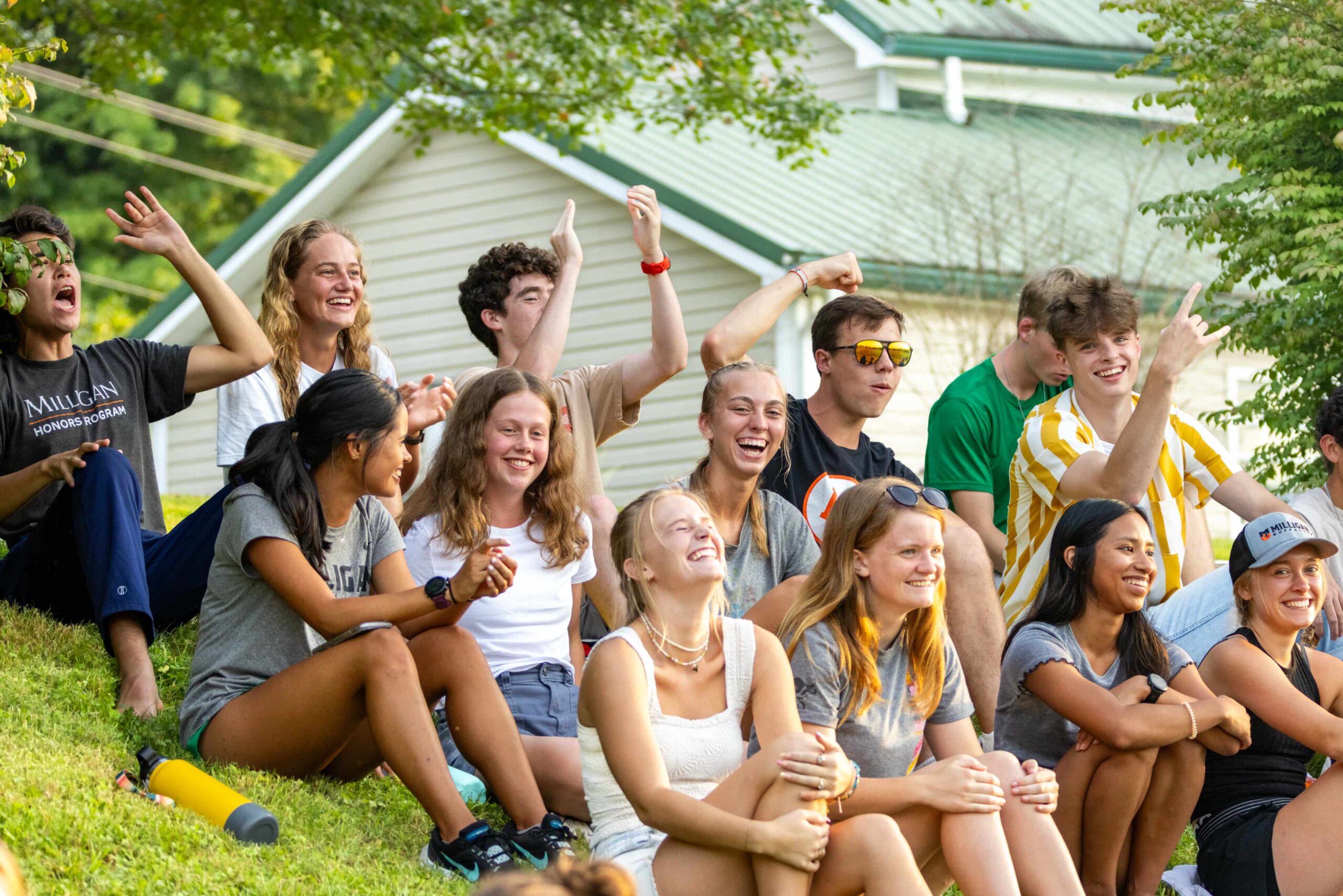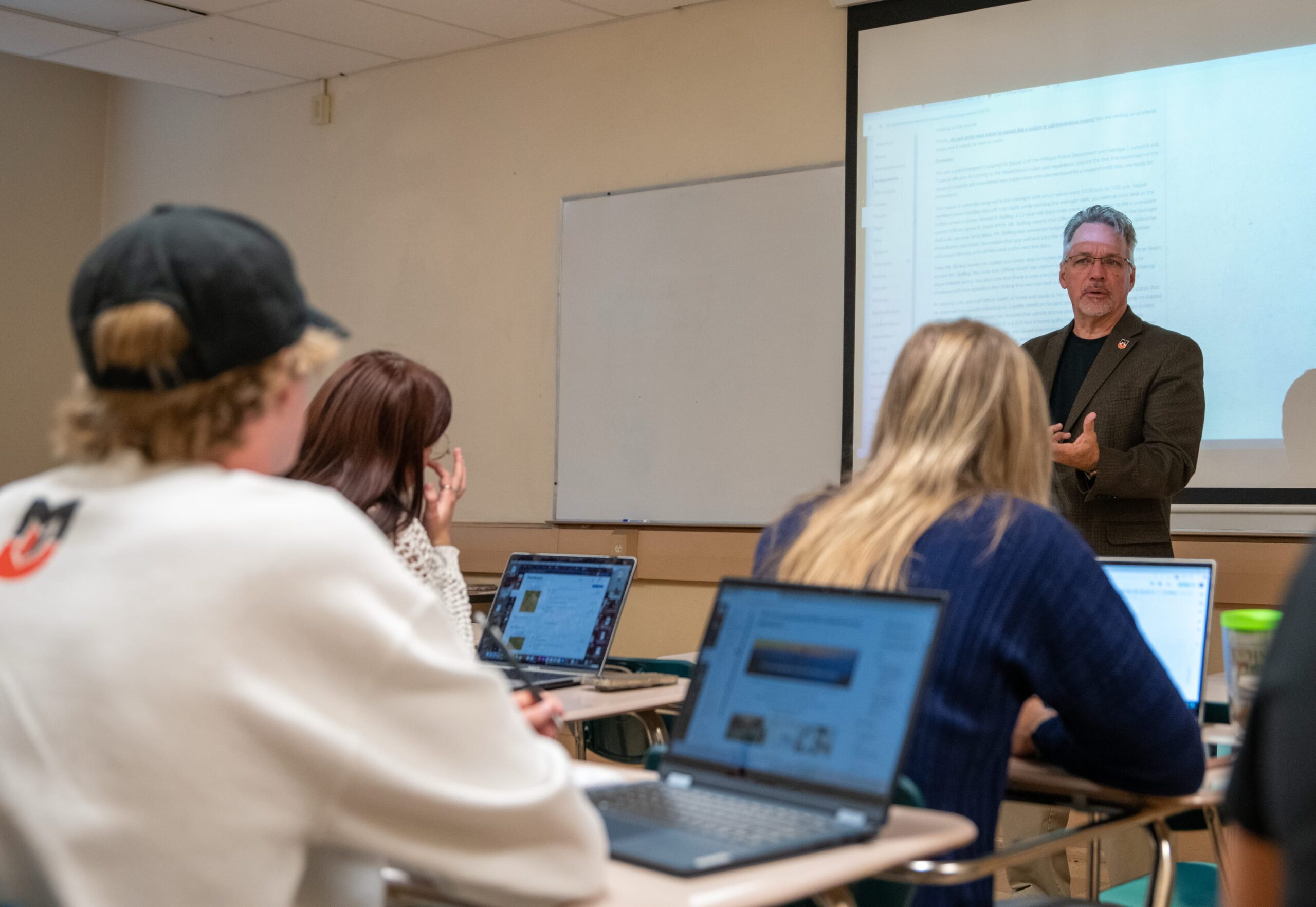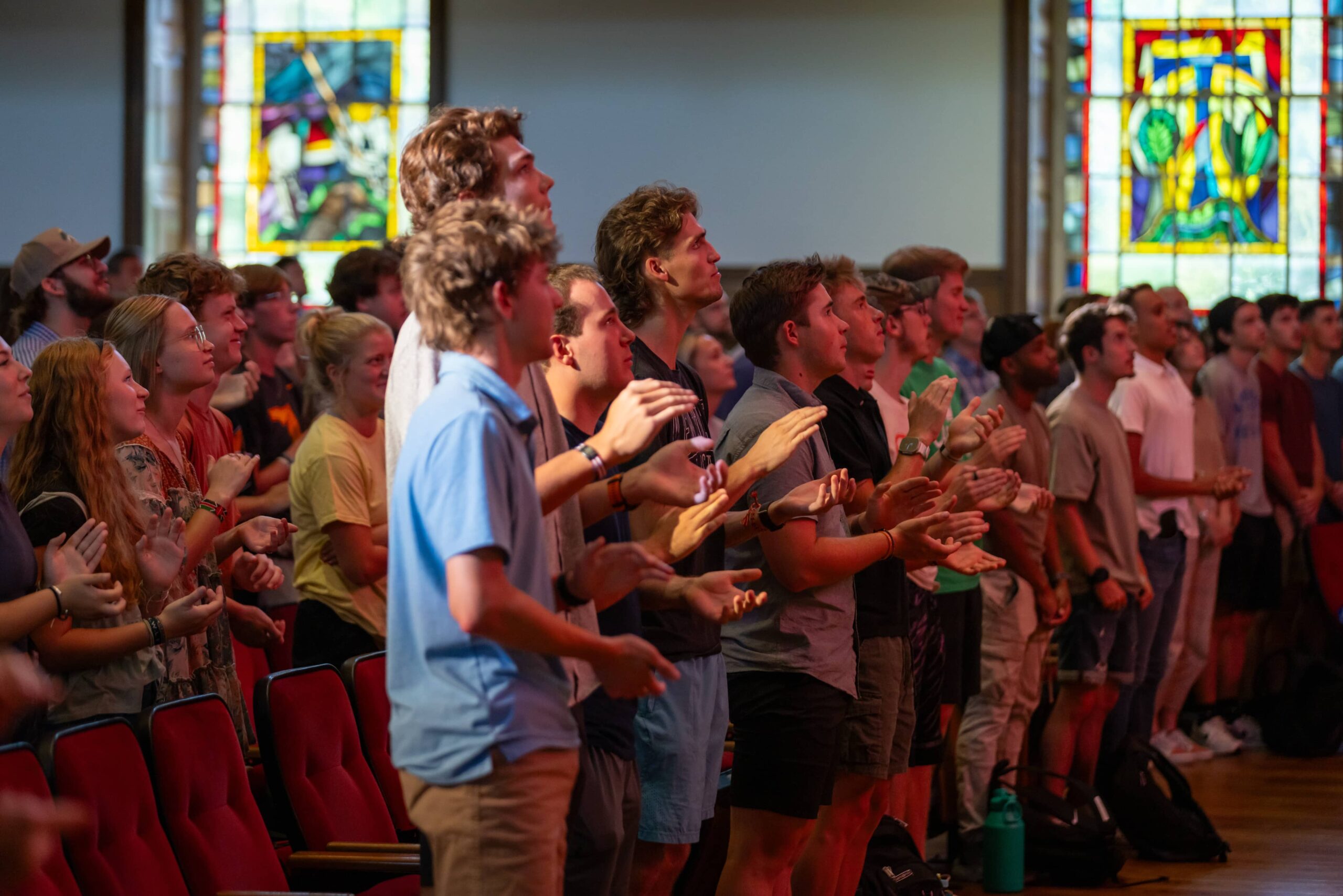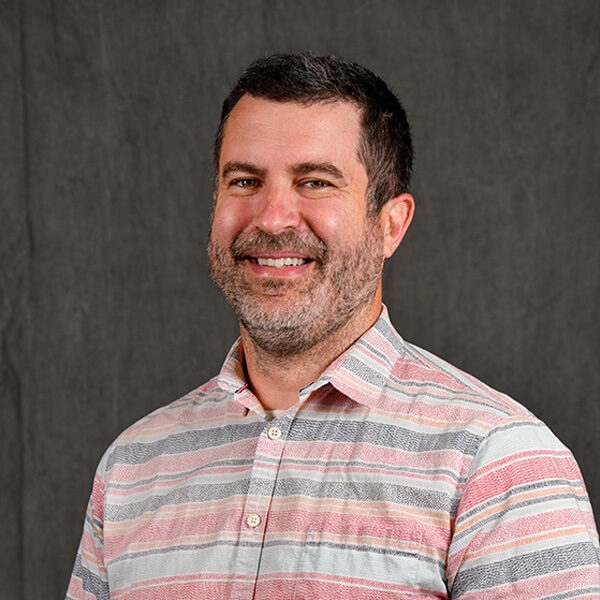Why Choose the Pre-Optometry Program at Milligan University?
Milligan’s Pre-Optometry major provides personalized guidance, rigorous academics, and a faith-supported community. With small class sizes and direct access to dedicated faculty, students receive individual attention throughout their educational journey. Milligan emphasizes servant leadership, inspiring graduates to impact lives through compassionate and effective care.
SCHOOL OF SCIENCES & ALLIED HEALTH
PRE-OPTOMETRY PREP
Career Paths for Pre-Optometry Majors
Milligan’s Pre-Optometry program prepares graduates for careers in vision care, including optometry school, vision research, ocular technology, and patient care. With a strong science and healthcare foundation, students gain the skills to succeed and impact eye health.
Potential Careers
Optometrist
Diagnose and treat vision issues.
Ophthalmologist
Perform surgical and advanced eye care.
Vision Scientist
Study visual systems and eye health.
Optician
Fit corrective lenses for patients.
Clinical Researcher
Develop treatments for eye conditions.
Academic Educator
Teach and train future eye care professionals.
Affiliation Agreement
Milligan has a formalized affiliation agreement with Southern College of Optometry located in Memphis, TN. This affiliation agreement outlines the terms and conditions under which a student will be eligible for an interview at Southern College of Optometry. A copy of the affiliation agreement is available from the adviser for Pre-Optometry students.
Application Process
Understanding Acceptance Rates
The application process for optometry schools begins the summer prior to the year the student will apply for admission (for most students, the summer following sophomore year). OptomCAS (optometry college application service) is used by the majority of optometry schools, and one can apply to several schools together. If an optometry school does not use OptomCAS, application documents can be found on the school’s website. When a student takes the OAT, the student identifies which schools are to receive a report of the scores (i.e., OptomCAS and any other non-OptomCAS schools to which one is applying). It is important that a student watches for application deadlines (which vary from school to school) and that all required documents are submitted well before the posted deadlines. It is highly advised that the application be finished by September prior to the anticipated admission the following August.
Milligan will accept the following three-year program coupled with one year of successful work in optometry school in satisfaction of the course requirements for the BS degree in Allied Health Science. Students expecting to complete this degree must file a Pre-Optometry declaration form with the Pre-Optometry adviser before beginning their junior year courses. Students must complete at least 100 semester hours of undergraduate coursework, of which at least 45 hours must be completed at Milligan. Twenty-eight hours of optometry school coursework will be transferred back to Milligan to complete the 128 hours required for graduation. Students who are admitted to optometry school after 3 years at Milligan will have their Spiritual Formation Program credits prorated to a total of 115 hours (instead of the required 150 hours).
The limits on class size in most optometry programs may prevent the acceptance of some qualified applicants. In the event a first application is unsuccessful, the program may be easily changed to a Chemistry or Biology major, leading to a BS degree, and then the application may be made a second time. To complete the biology degree (BS), students must take BIOL 130, 131, 210, or 360, BIOL 310, an advanced Biology elective, the Biology Capstone Experience, and 14 to 16 hours of general electives for a total of 28 hours along with the additional Spiritual Formation Program credits. To complete the chemistry degree (BS), students must take CHEM 202 and 12 hours of chemistry electives, 12 hours of general electives for a total of 28 hours, and the additional Spiritual Formation Program credits.
Frequently Asked Questions
What Makes Milligan’s Pre-Optometry Major Unique?
Milligan University’s Pre-Optometry major combines rigorous academics with a faith-based mission, providing students with an education that develops intellectual skills and compassionate care. Small class sizes and personalized advising ensure students receive individual attention throughout their academic journey. Faculty members in the School of Sciences and Allied Health bring expertise and dedication to teaching, making classroom and laboratory experiences engaging and meaningful. Beyond academics, students participate in hands-on learning opportunities, such as shadowing optometrists and volunteering in community health settings. Integrating faith and service helps shape future eye care professionals prepared to lead with integrity and empathy. Milligan’s approach emphasizes whole-person development, creating graduates who are academically prepared, spiritually grounded, and ready to make a difference in the lives of their patients.
Do I Need To Major in Biology or Chemistry To Pursue Optometry?
No specific major is required for students in Milligan’s Pre-Optometry major. While many students choose Biology or Chemistry because these fields naturally align with optometry school prerequisites, others pursue different areas of interest. Regardless of your chosen major, Pre-Health advisors work closely with you to ensure that all required coursework in Biology, Chemistry, Organic Chemistry, Physics, and Mathematics is completed. This flexibility allows you to explore your academic passions while preparing for your future career in eye care. The program is designed to balance academic rigor with personal interests, ensuring that students meet the technical requirements for optometry school and develop a well-rounded perspective that enhances their professional journey.
What Clinical Experiences Are Available to Pre-Optometry Students?
Milligan’s Pre-Optometry major students can access various hands-on learning experiences that prepare them for optometry school and beyond. Shadowing opportunities with local optometrists provide valuable insights into the day-to-day responsibilities of the profession. In contrast, volunteer opportunities in community health settings foster practical skills and a deeper understanding of patient care, which are essential for pre-professional development. These experiences strengthen your application and help you build confidence in your ability to succeed in a healthcare setting. Milligan’s focus on servant leadership and faith-based learning ensures that students approach these experiences with compassion and professionalism, equipping them to make meaningful contributions to their communities.
How Does Milligan Help Students Prepare for the Optometry Admission Test (Oat)?
Milligan’s curriculum for the Pre-Optometry major is thoughtfully designed to align with the Optometry Admission Test (OAT) requirements. Biology, Chemistry, Physics, and Mathematics courses provide the foundational knowledge needed to perform well on the exam for health professions. Pre-Health advisors offer tailored guidance, including study resources, practice tests, and strategies for balancing preparation with other academic responsibilities in pursuit of health professions. Additionally, faculty members are available to help students navigate challenging topics and build confidence in their understanding of the main content related to health professions. By combining a strong educational framework with personalized support, Milligan ensures that students are well-prepared to approach the OAT with competence and focus.
What Support Is Available for Students Applying to Optometry School?
Milligan provides a comprehensive support system for students in the Pre-Optometry major who are preparing to apply to optometry school. Pre-Health advisors guide students through every step of the application process, from identifying prerequisite courses and preparing for the OAT to writing compelling personal statements and conducting interviews. Workshops and peer networking opportunities offer additional tools and insights to help students build strong applications. Milligan’s commitment to servant leadership and personalized advising ensures that students feel supported and confident as they navigate the path toward optometry school, equipped with the skills and knowledge to succeed.
Can I Integrate My Faith into My Career in Optometry?
Faith and service are at the heart of Milligan’s Pre-Optometry major. The program encourages students to reflect on how their spiritual values influence their approach to healthcare. Courses and discussions often explore the ethical responsibilities of eye care professionals and the importance of compassion in patient interactions. This foundation prepares students to lead with integrity and serve their communities with humility and care. Graduates often find that their faith inspires them to see their work as more than a profession but as a calling to improve the lives of others through quality vision care and advocacy.





